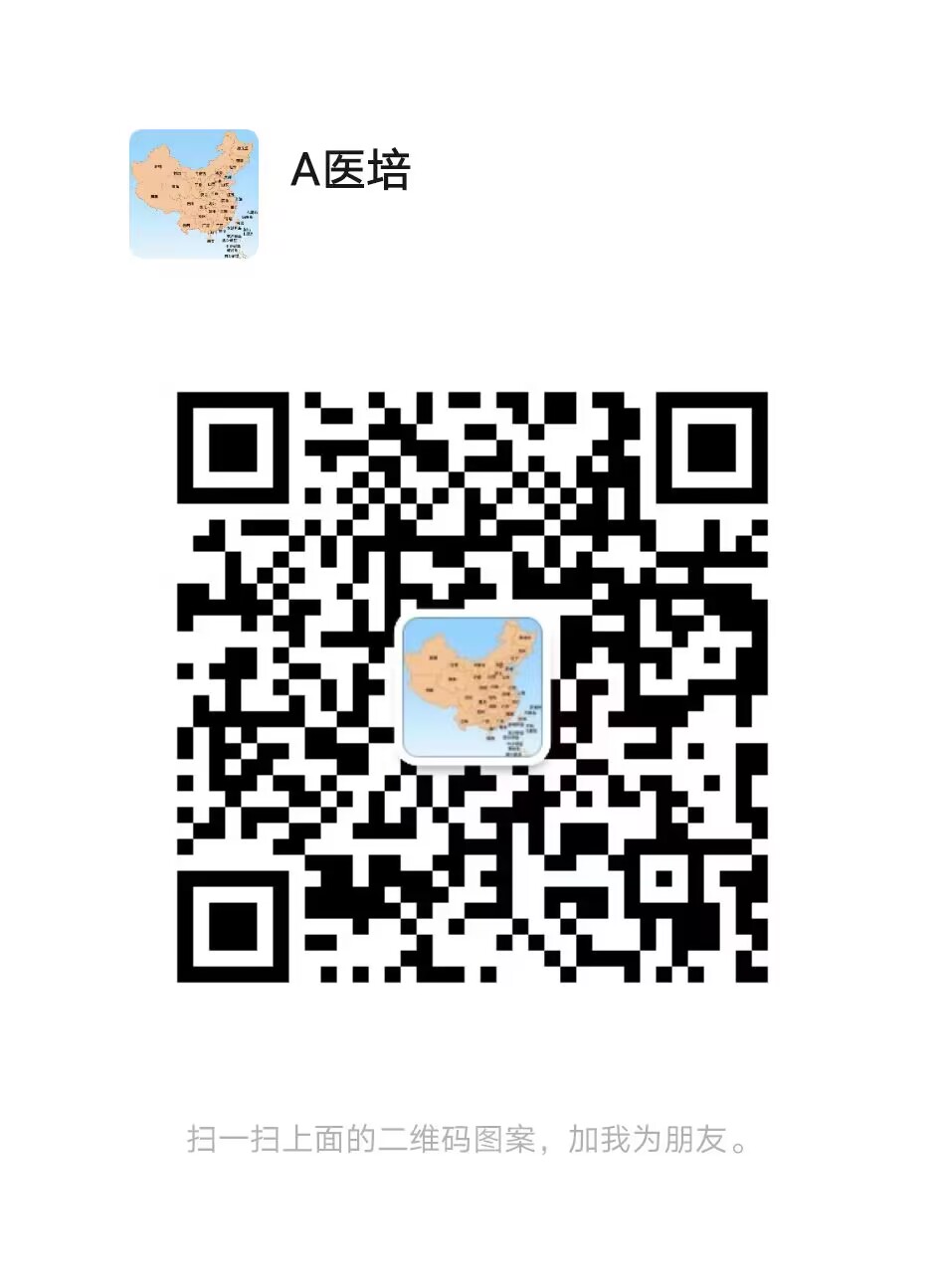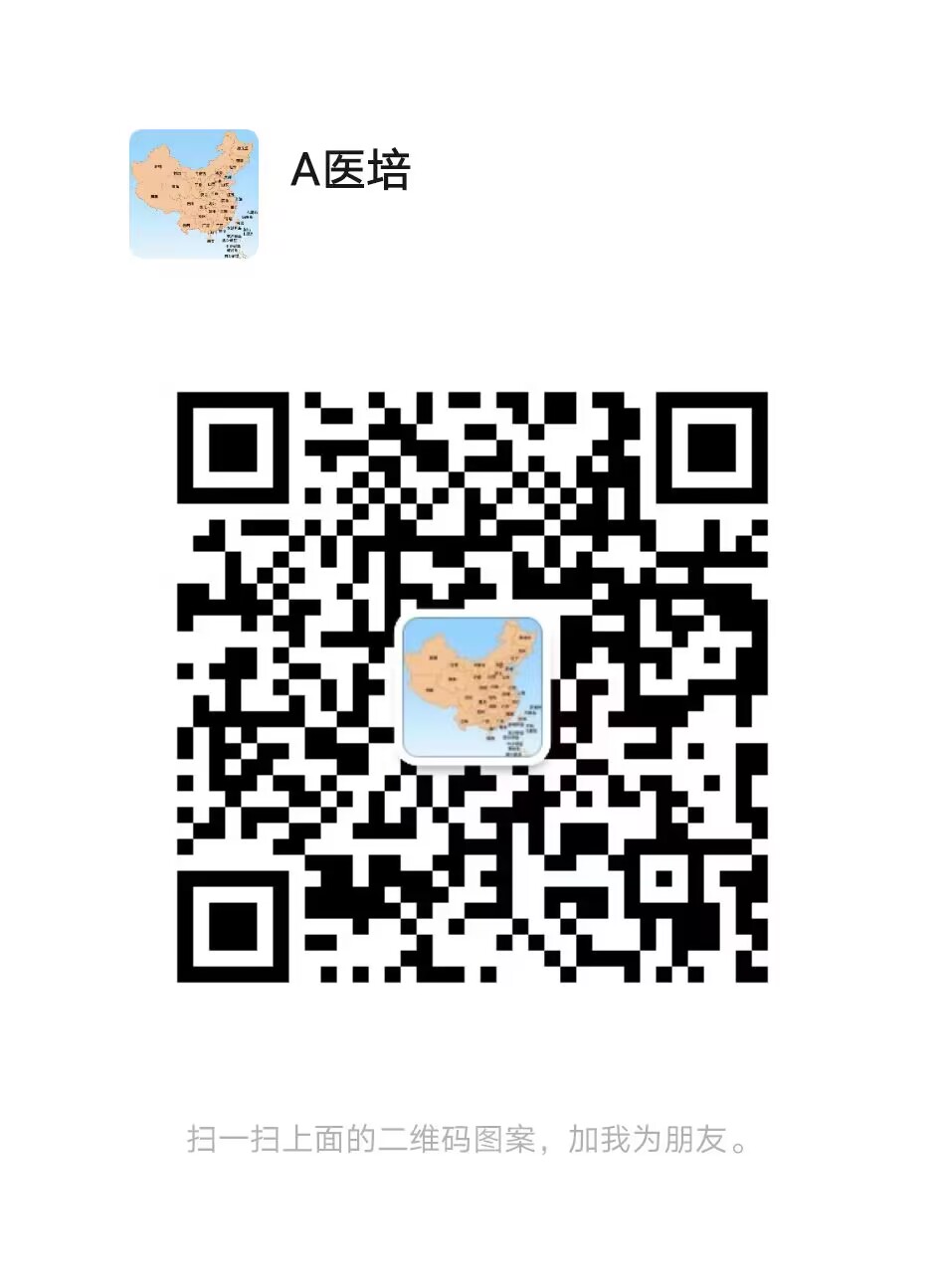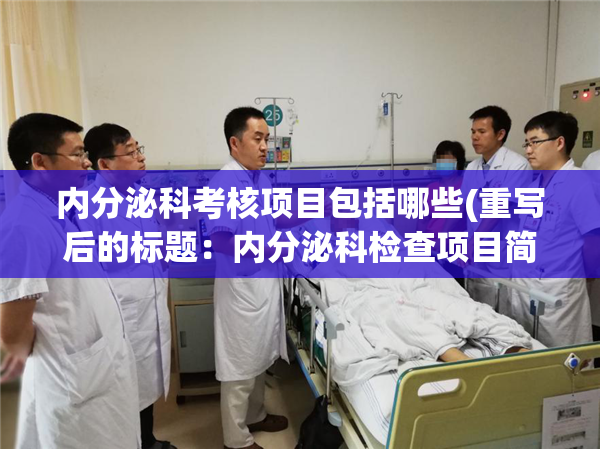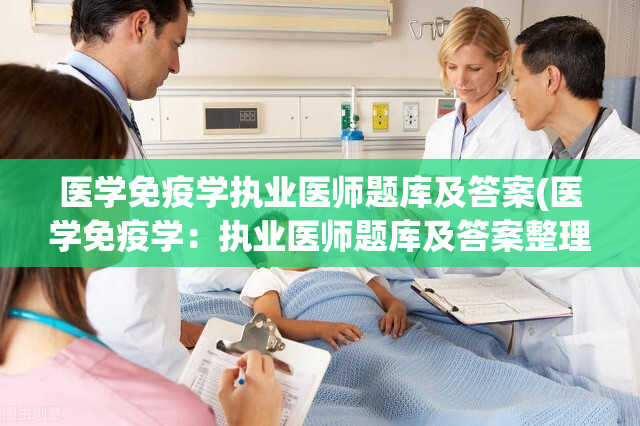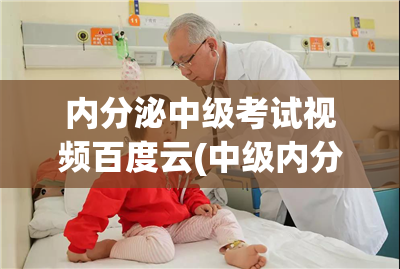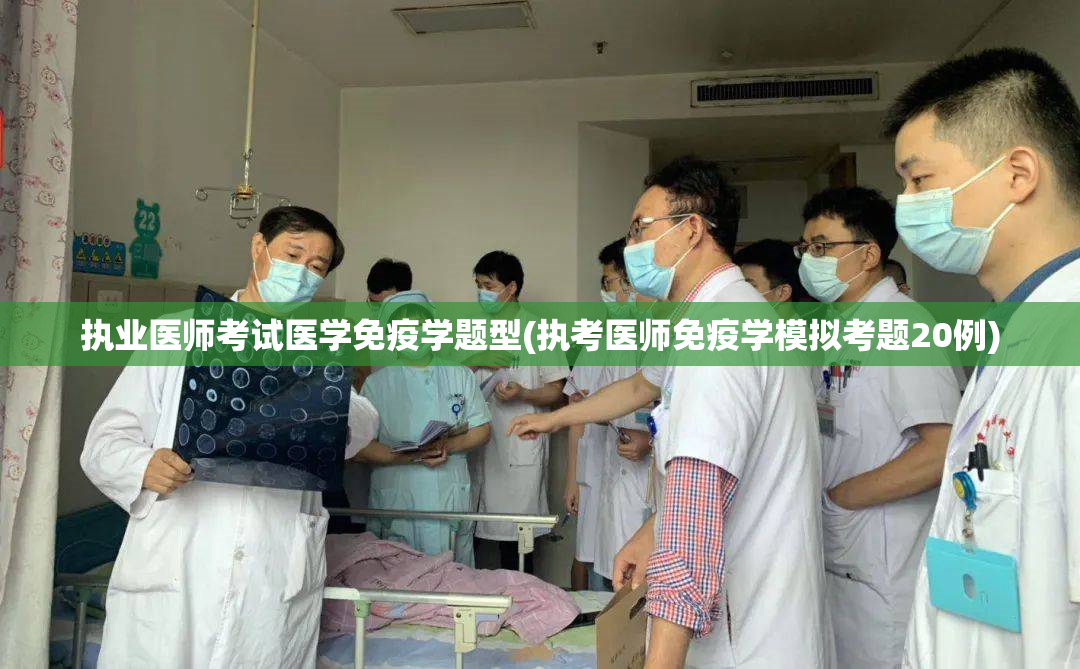Introduction
Traditional Chinese Medicine (TCM) has been widely used in Asia for over 2000 years. TCM theory is based on the Yin-Yang and Five Element theories, which emphasize balance and harmony in the body. TCM includes herbal medicine, acupuncture, dietary therapy and physical exercise such as Tai Chi and Qi Gong.
Theory of TCM pharmacology

The theory of TCM pharmacology is based on the classical Chinese medical text, “Shennong Bencao Jing” (The Divine Farmer's Materia Medica Classic), which lists over 370 medicinal substances. The TCM pharmacology theory includes three basic concepts: taste, nature, and meridian tropism.
Taste refers to the five basic tastes, including sour, bitter, sweet, pungent, and salty. Each taste has a specific action on the body. The nature of a substance refers to its properties, such as hot, warm, cool, and cold. These properties determine the substance’s effect on the body. Meridian tropism refers to the affinity of a substance for a specific meridian or organ in the body, and how it can influence the flow of Qi through that meridian or organ.
Treatment principles in TCM pharmacology
The treatment principles in TCM pharmacology are based on the individual patient’s symptoms and constitution. The TCM practitioner will assess the patient’s pulse, tongue, and other signs and symptoms to determine the underlying pattern of disharmony.
The TCM practitioner will then select a combination of herbs that have different tastes, natures, and meridian tropisms, to address the patient’s specific pattern of disharmony. The herbs may be used in different forms such as decoctions, pills, powders or plasters.
The advantages of TCM pharmacology
TCM pharmacology has several advantages over western medicine. TCM pharmacology emphasizes individualized treatment, which can be more effective in managing chronic diseases with complex patterns. The combination of multiple herbs can also have a synergistic effect, which can enhance efficacy while minimizing side effects.
In addition, TCM pharmacology focuses on prevention as well as treatment. Patients are encouraged to make lifestyle changes and adopt healthy habits to prevent disease.
Clinical applications of TCM pharmacology
TCM pharmacology has been widely used in China and other Asian countries for treating a wide range of diseases such as cardiovascular diseases, digestive disorders, respiratory diseases and neurological disorders.
For example, Gegen Qinlian decoction is a classical Chinese herbal formula that has been shown to have antiviral, anti-inflammatory and hypoglycemic effects. It has been used to treat respiratory infections, diabetes, and other diseases.
Conclusion
TCM pharmacology is a unique approach to medicine that emphasizes the holistic and individualized treatment of disease. It has proven to be effective in treating a wide range of illnesses, and has several advantages over western medicine. More research is needed to understand the mechanisms of action of TCM pharmacology, and to integrate it into the current medical system.

